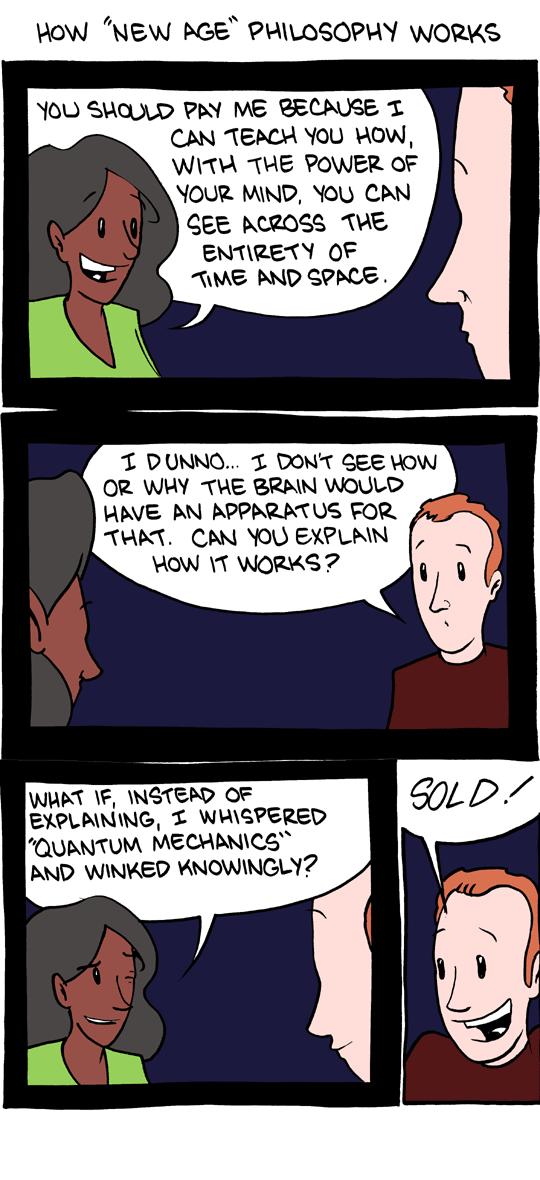How do you know there's no future? Just because we may not know it, doesn't mean there isn't one. What is described is based on the idea that we are the only consciousness which exists. But if there is a higher consciousness which knows all and sees all because they made it all, then the end doesn't stop with us. Pre determination doesn't preclude the idea that something is determined because the actions we take make one future possibility more likely to happen or certain to happen. If someone keeps telling you, don't play fire, you're going to get burned. And you keep playing with fire, and maybe you don't get burned the first few times, but one day, you get burned, then it could be said, being burned was predetermined because the person who told you that you will get burned determined that your unwillingness to listen will likely result in you getting burned at some point. So, predetermination doesn't necessarily mean pre-decision. It could simply mean forethought.


